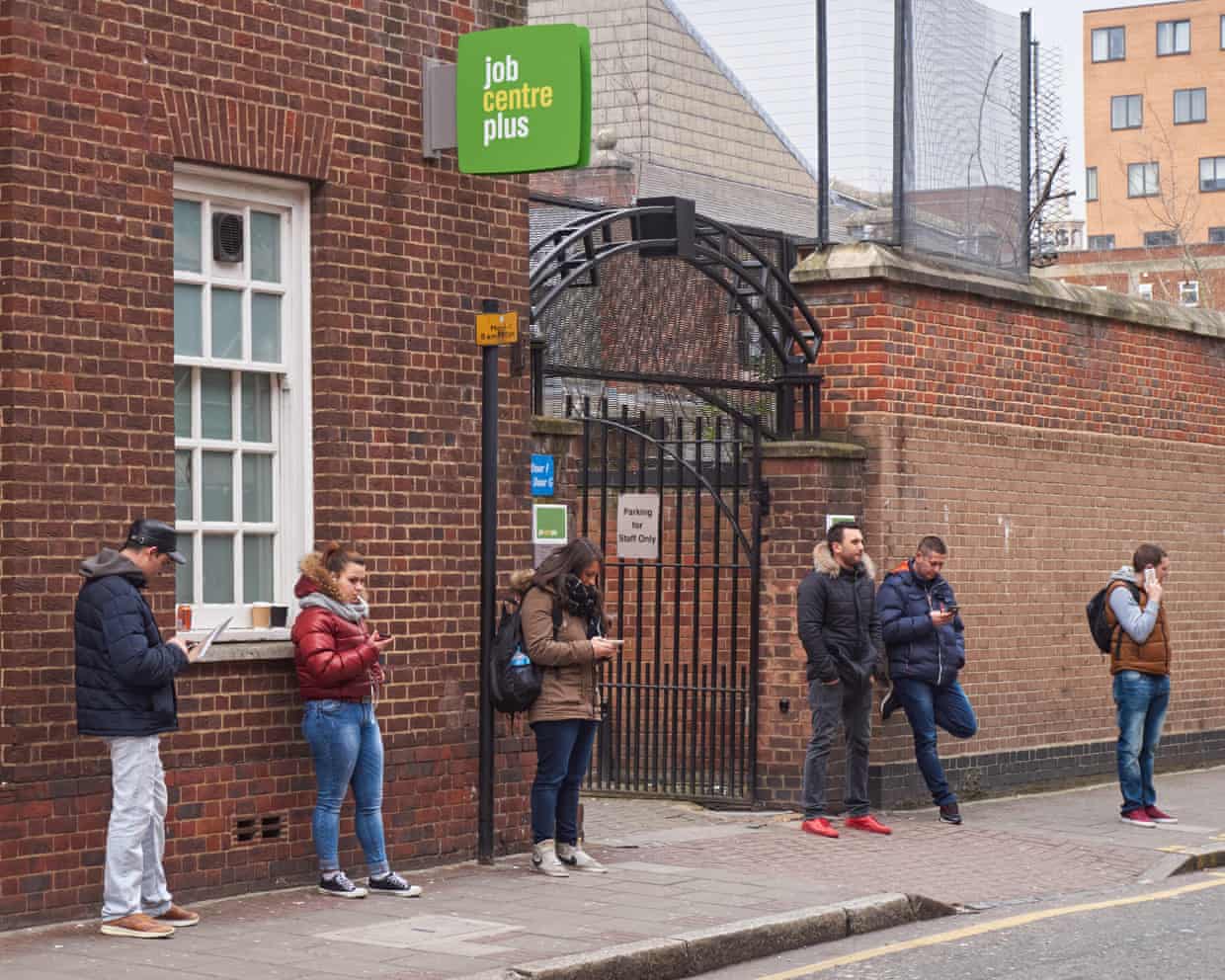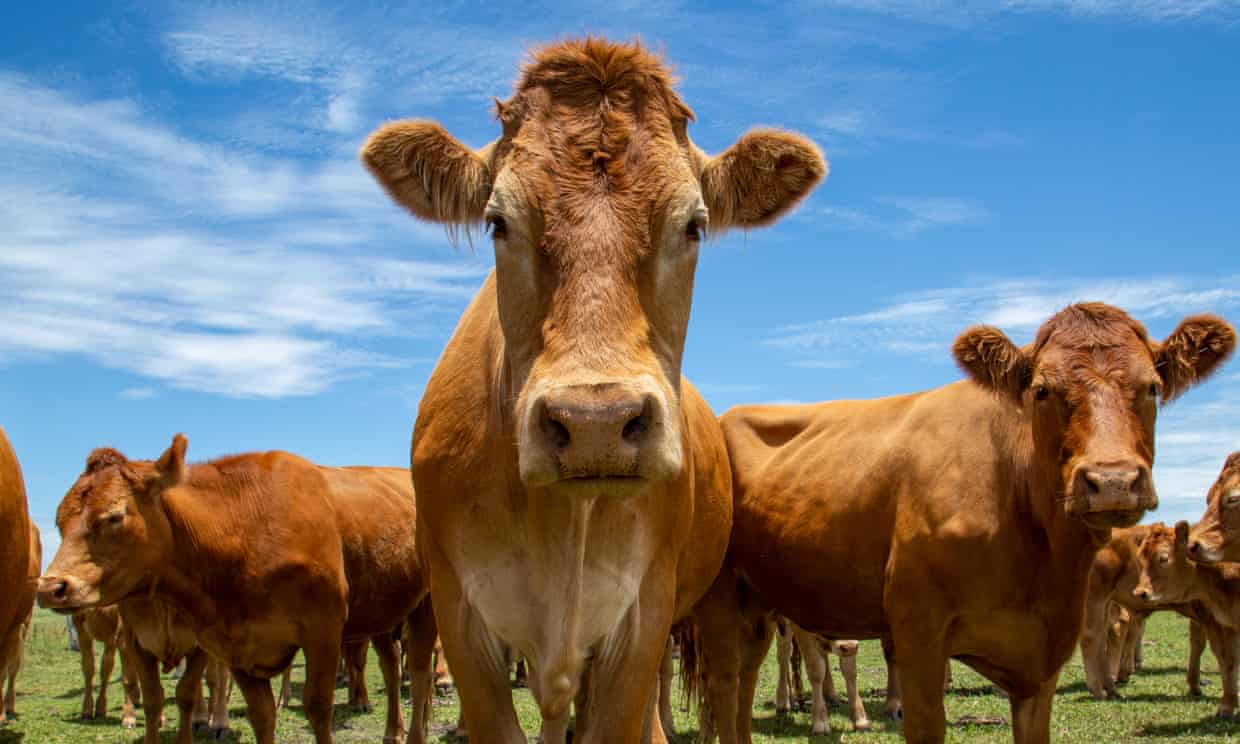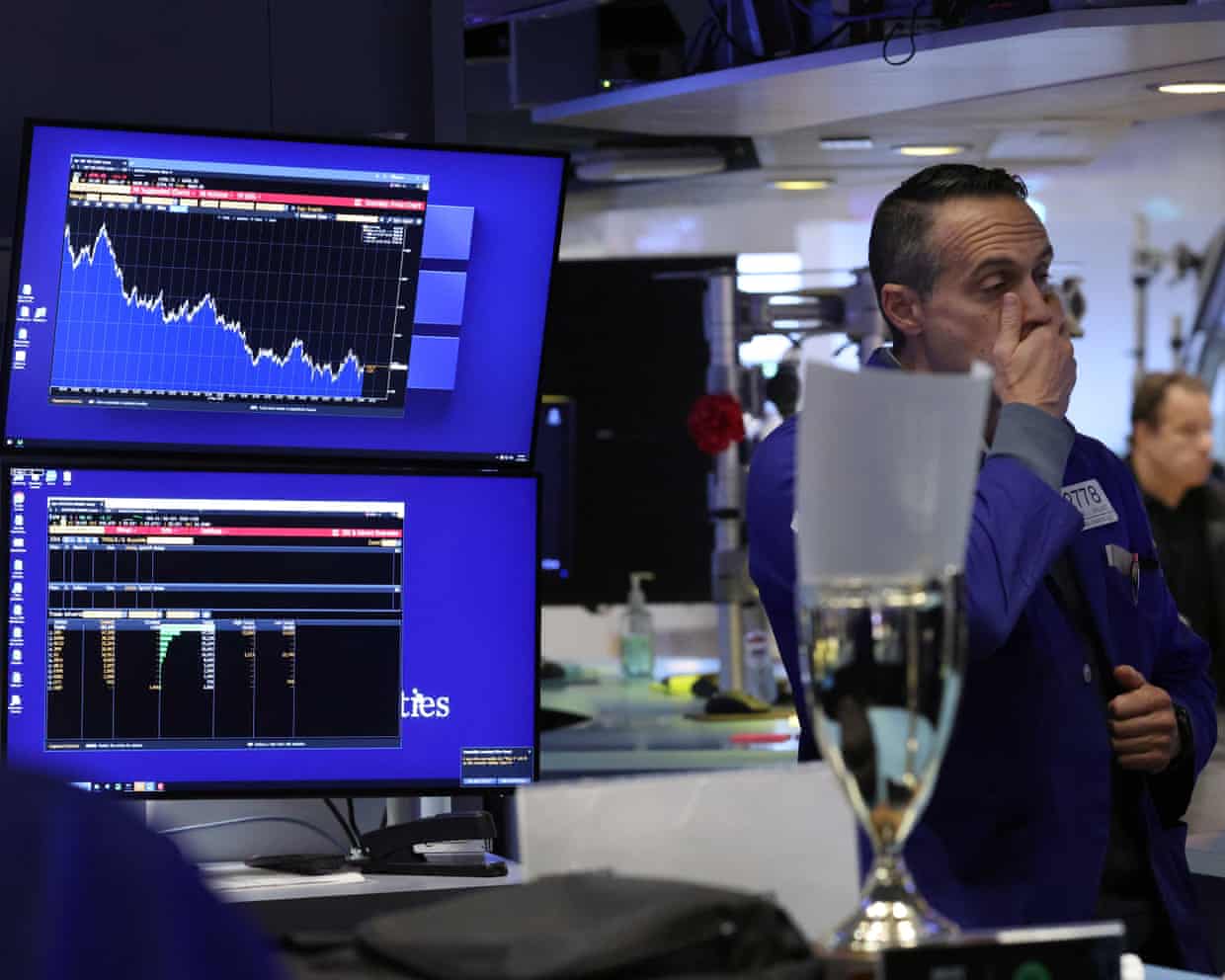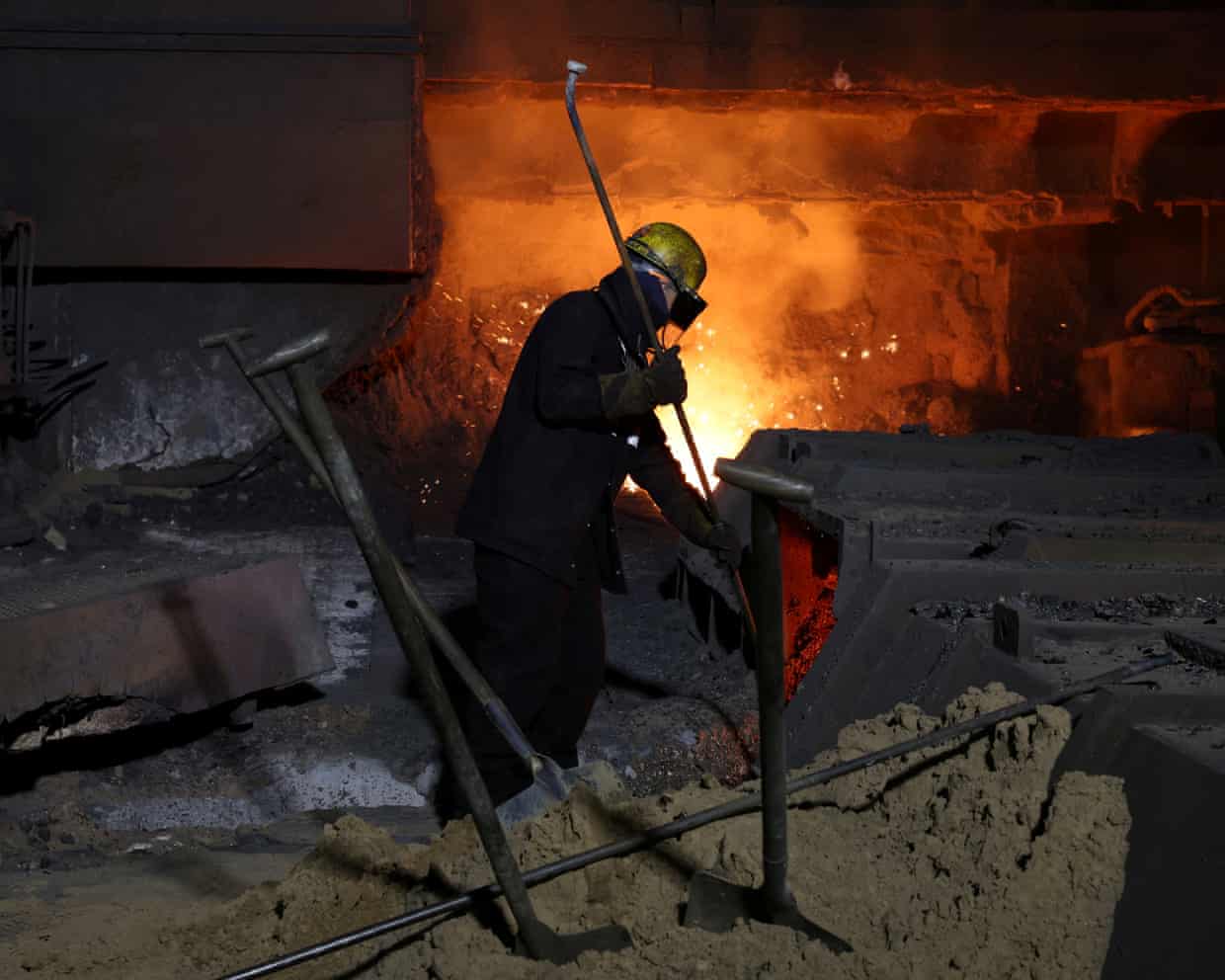About 1m Ford diesel cars sold in UK with defective emissions controls, court told

About a million Ford diesel cars were sold in the UK with serious defects in components supposed to curb toxic exhaust emissions, the high court has been told.The highly polluting vehicles were produced and sold between 2016 and 2018 after Ford’s engineers became aware of the issues, and many were never formally recalled or fixed, lawyers said.The claims came in evidence submitted in the legal action on behalf of 1.6 million diesel vehicle owners against five car manufacturers, including Ford, for allegedly using “defeat devices” to cheat emissions tests for nitrogen oxides (NOx).Parts of the emissions control systems as calibrated by Ford were discovered to become less effective when “poisoned” by sulphur in fuel during driving, the court heard.
In 2017, when tested in service, 27 out of 27 Ford vehicles with Euro 6 engines failed the New European Driving Cycle (NEDC) emissions tests.Cross-examining Marcus Davies, Ford’s former calibration manager, in the high court, Thomas de la Mare KC said that the systems had not been “sufficiently tested” and that “the scale of the problem” amounted to “one million vehicles affected”.It was a “generic issue affecting the best part of a million cars”, de la Mare claimed.Davies played down the 1m figure.“It’s not every vehicle that would have this problem,” he said.
New software was implemented in production lines from 2018, and some Ford customers whose cars were serviced at official dealers also received a software update to address the problem, but there was no wider recall, the court was told,De La Mare said: “You must have appreciated that the update would not rectify the situation,”Davies replied: “It would improve it,”“But not make it compliant with the NEDC,” de la Mare replied,In the broader case, the claimants argued that Ford had deliberately calibrated its engines to pass certification tests rather than reduce real world driving emissions.
Referencing the manufacturer’s own internal documents, Ben Jaffey KC, for the claimants, said that as far back as 2012 there was “a very clear recognition that Ford wasn’t using EGR [the exhaust gas recirculation system to reduce NOx] as much as possible”.Jaffey said: “The reality is that it was shaped to the requirements of the test and not much else?”Davies said: “It was calibrated in part to the requirements of the NEDC.” Changes to trap more NOx “would have been at the expense of the capture of other gases”.Documents shown in court also showed that NOx emissions from a Euro 5 transit van surged well beyond regulatory limits when the engine was tested inadvertently in sixth gear.The NEDC tests were normally carried out in fifth gear.
Sign up to Business TodayGet set for the working day – we'll point you to all the business news and analysis you need every morningafter newsletter promotionHowever, in real-world driving, Jaffey said, the vans’ gear shift indicator encouraged drivers to switch up to sixth gear, where the system to reduce NOx was ineffective, when the van reached speeds of 100km/h (62mph),“It’s hardly Grand Theft Auto, is it?” he said,The Ford models included as sample vehicles in the trial include the Mondeo, C-Max Fiesta and Focus cars as well as Transit vans,Ford denies having created defeat devices, and in its written submissions described the claim as “scientifically illiterate”,Its lawyers said that “a reduction in the effectiveness of NOx control may be a necessary, reasonable and justifiable engineering compromise to maintain overall system stability, protect components from damage, or control other, potentially more harmful, emissions”.
The three-month hearing that opened last month is examining vehicles sold by Ford and five other manufacturers – Mercedes, Renault, Nissan and Peugeot/Citroën.The “Dieselgate” scandal came to light after US scientists said in autumn 2015 that many of Volkswagen diesel engine cars had been equipped with software meant to deliberately falsify emissions tests.Millions of vehicles around the world were affected by the alleged misconduct, leading to car owners facing costs that collectively ran into hundreds of millions of euros.It is estimated to have led to thousands of deaths and cases of asthma in children.The trial continues.

Half of all UK jobs shed since Labour came to power are among under-25s
Keir Starmer has been warned that Britain’s youth are in danger of becoming a “lost generation” on his watch as it emerged almost half of all jobs shed since Labour came to power are among the under-25s.With the government under fire before the autumn budget, Guardian analysis shows the dramatic leap in UK unemployment to the highest levels since the Covid pandemic is being fuelled by a youth jobs crisis.As many as 46% of the 170,000 jobs lost from company payrolls since June last year are from those under the age of 25 – the equivalent of more than 150 jobs lost per day.David Blunkett, the former Labour education secretary, said that while the government was taking action there was a danger an entire generation of young people would be let down.“I think we’ve got to get our act together

‘I have saved exactly £0’: how soaring costs have hit Britons’ nest eggs and pensions
Andrew, a writer in his mid-30s from Essex, would be considered middle class by most, but his financial setup is precarious.“I have £4k in my savings account, and around £4k in stocks and shares. With a mortgage, childcare fees and other living expenses to cover, our monthly outgoings are always at least £2,800. Our savings would quickly vanish if our household income ceased,” he said.Andrew has managed to save £30,000 into a workplace pension, but feels unable to continue saving at the moment

Zip wires, darts, wild swimming: why shopping centres are trying new ways to bring in customers
There was a time when the most active thing to do at a shopping centre was jostle to the front of the queue at Primark. These days, however, developers are bringing in sport and health-related activities from zip wires to cricket, football, rock climbing and even wild swimming to draw in consumers and use space no longer wanted by retailers.While the trend for competitive socialising, such as crazy golf, darts or bowling is well established and gyms are commonplace in shopping centres, landlords are getting more creative and adventurous in the type of activity they are offering as they battle lacklustre interest in physical shopping.The activities are varied: Toca Social hosts diners watching and playing football in three shopping malls. US group Five Iron, which blends hi-tech golf simulators and coaching with a bar, has signed up for the first of at least 10 UK sites, at Broadgate in central London

About 1m Ford diesel cars sold in UK with defective emissions controls, court told
About a million Ford diesel cars were sold in the UK with serious defects in components supposed to curb toxic exhaust emissions, the high court has been told.The highly polluting vehicles were produced and sold between 2016 and 2018 after Ford’s engineers became aware of the issues, and many were never formally recalled or fixed, lawyers said.The claims came in evidence submitted in the legal action on behalf of 1.6 million diesel vehicle owners against five car manufacturers, including Ford, for allegedly using “defeat devices” to cheat emissions tests for nitrogen oxides (NOx).Parts of the emissions control systems as calibrated by Ford were discovered to become less effective when “poisoned” by sulphur in fuel during driving, the court heard

Australia welcomes Trump’s removal of tariffs on beef and other food imports
The Australian government has welcomed the Trump administration’s removal of tariffs on beef and other agricultural exports to the US.After previously insisting his import duties were not fuelling inflation, the US president, Donald Trump, on Saturday morning Australian time signed an executive order reversing tariffs on food imports, including beef, coffee and bananas.Trump, who is facing pressure over rising consumer prices, conceded in the order that “current domestic demand for certain products, and current domestic capacity to produce certain products” had influenced the decision.Last year, meat was Australia’s second largest export to the US, behind only non-monetary gold. Since Trump’s tariff regime came into effect in April, Australian producers have been charged a 10% export duty on most goods, including beef

Global markets struggle after tech sell-off and fears over Chinese economy
Global markets suffered another day of volatile trading after a tech sell-off that fuelled Wall Street’s worst day in a month and weak economic data from China showed an unprecedented slump in investment.The FTSE 100 fell by 1.1% in London, closing down about 100 points at 9,698, as bellwether banking stocks tumbled. Barclays, Lloyds and NatWest slumped between 2.7% and 3

UK budget watchdog in danger of strangling economic growth, says TUC boss

Business secretary backs shift to electric arc furnaces at British Steel plant

Father of teen whose death was linked to social media has ‘lost faith’ in Ofcom

Personal details of Tate galleries job applicants leaked online

Ollie Pope believes pressure on England place will push him to deliver in Ashes

England have become something ugly, brutish and formidable to play against | Andy Bull